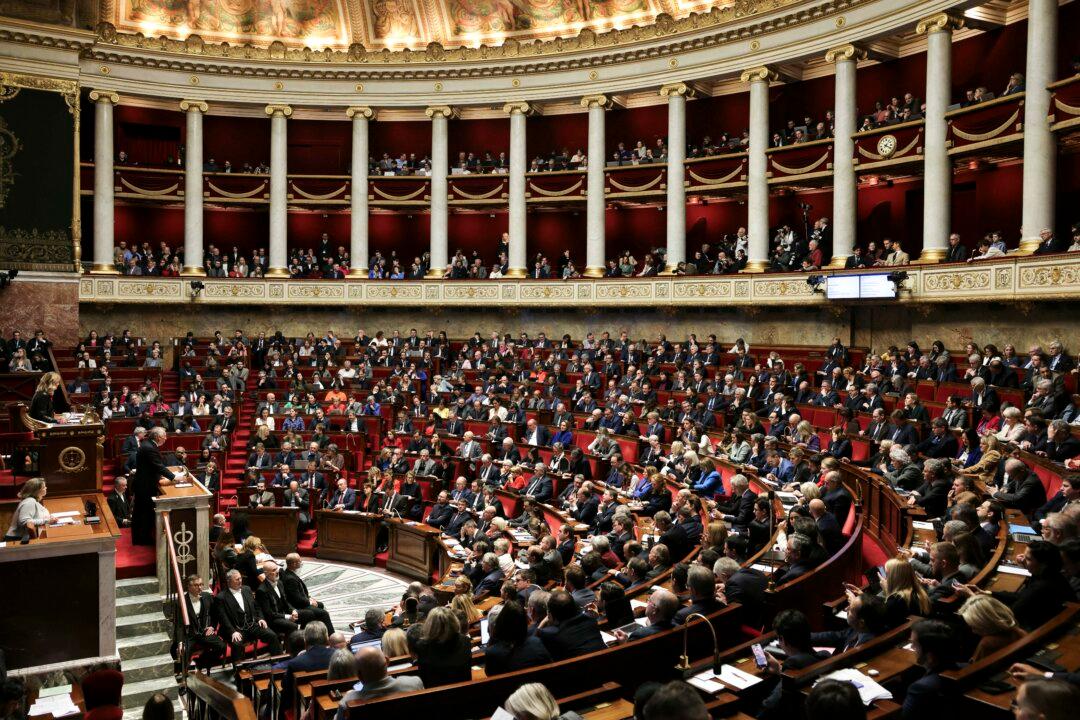French Prime Minister François Bayrou will use special constitutional powers to try to force the 2025 budget, but it is a risky move as it will trigger a no-confidence vote.
Speaking to La Tribune Dimanche on Feb. 2, Bayrou said he will use a controversial constitutional tool called Article 49.3 to pass legislation without a parliamentary vote.




